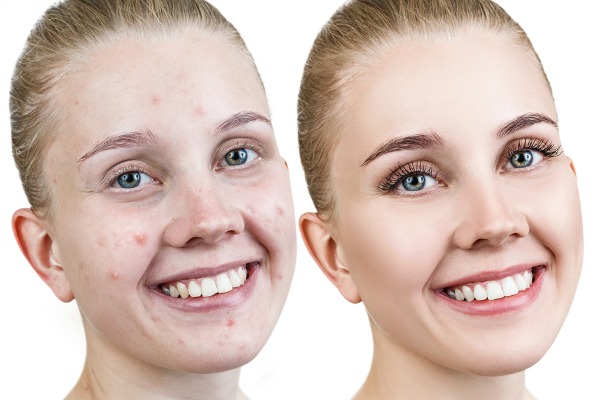Nutritional status plays a significant role in maintaining healthy skin (5-7). Skin is the largest organ in our body that produces homeostatic chemicals that maintain our body pH. It protects our internal organs from infection and enables us to breathe normally. Skin also has a major role in immunity, which is why healthy skin is vital for overall health.
The barrier functions of the skin include protection, moisturization, thermal regulation, biochemical filtration and immunity. Nutrients and vitamins act together in the skin to help maintain the barrier function of the largest organ in our body. A nutritious diet is necessary to help keep skin hydrated and healthy. A lack of vitamin E or C can reduce the protective functions of the skin and increase the risk of sun exposure. Macronutrients and vitamins act together in the skin to help maintain the barrier functions of skin. Nutrients and vitamins that are not used by the body are excreted through skin.
Our bodies use the keratin in our skin as a resource to help create new skin cells (e.g. collagen) and produce new skin cells when old skin cells die. There is a delicate balance between the production of new cells and the activity of inflammatory response. When our body’s inflammatory response exceeds the capacity to control the activity of the inflammatory response, a wound condition called erythema is caused.



